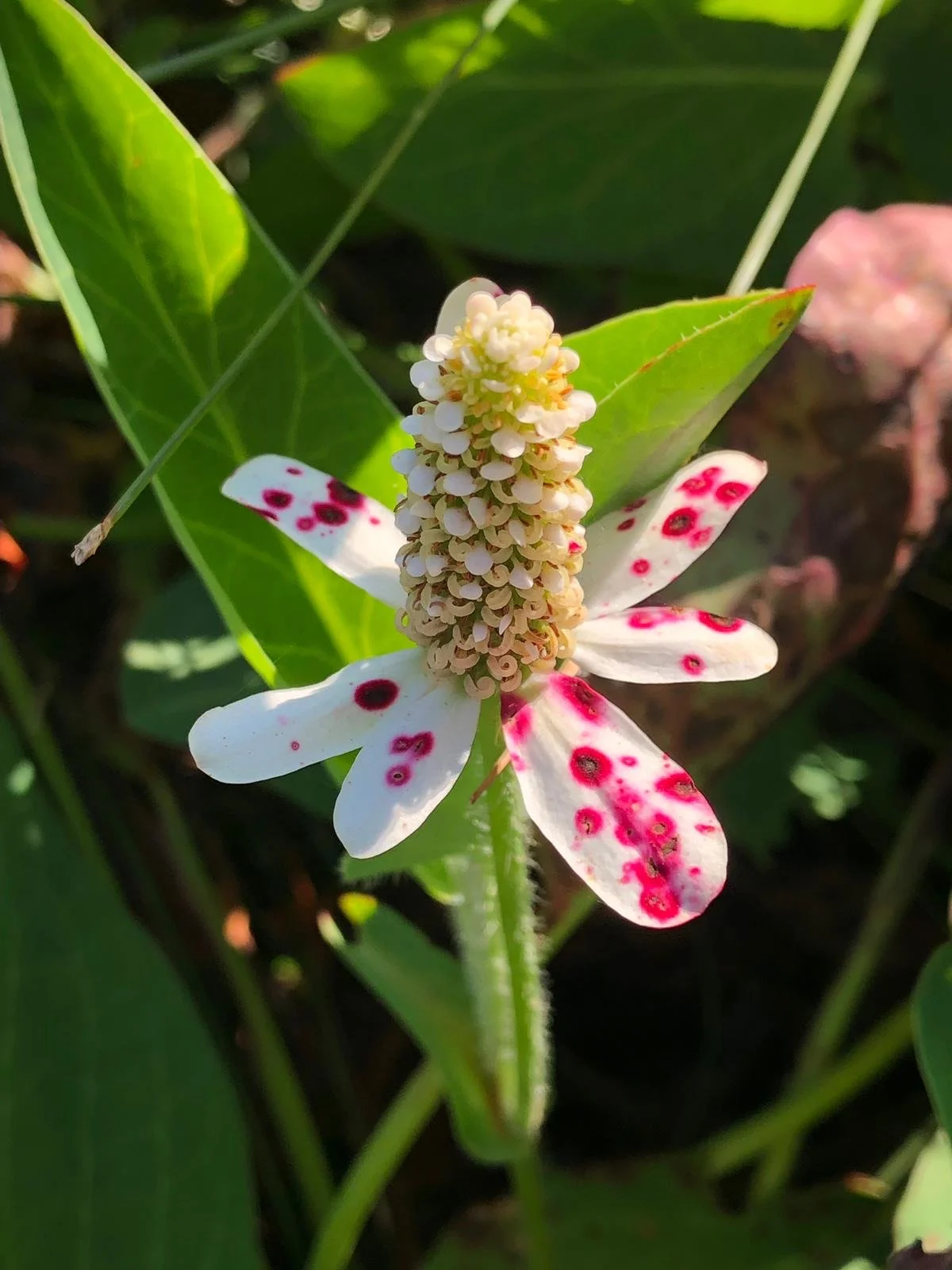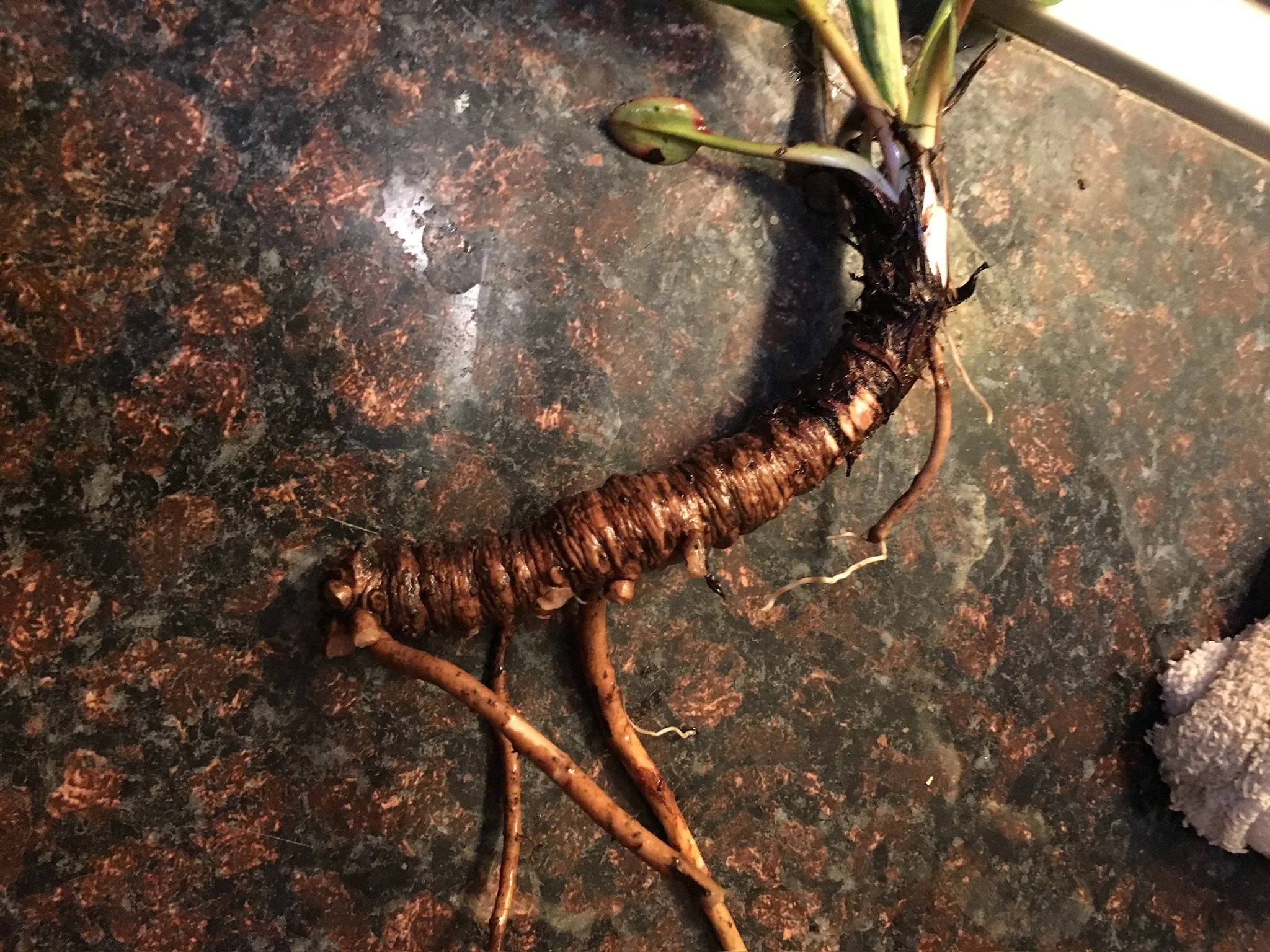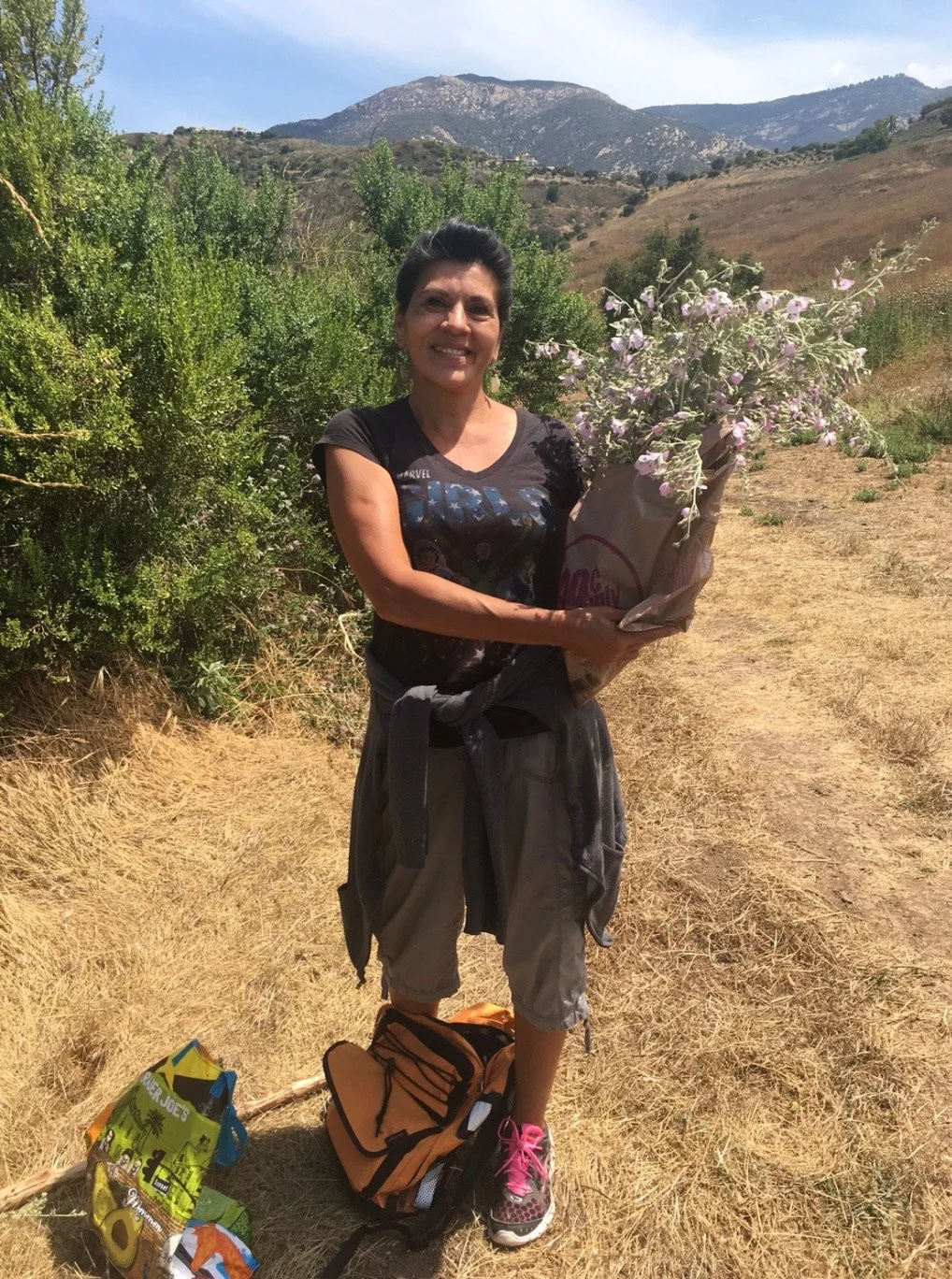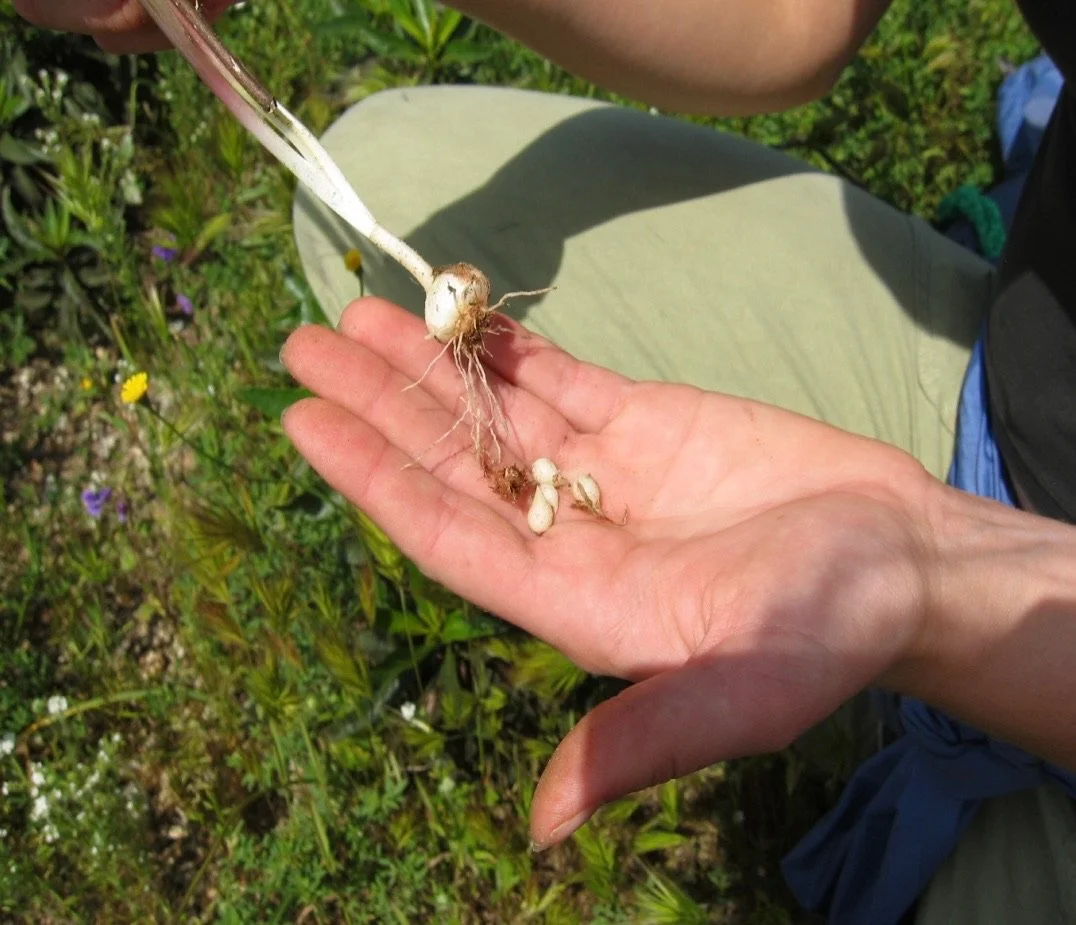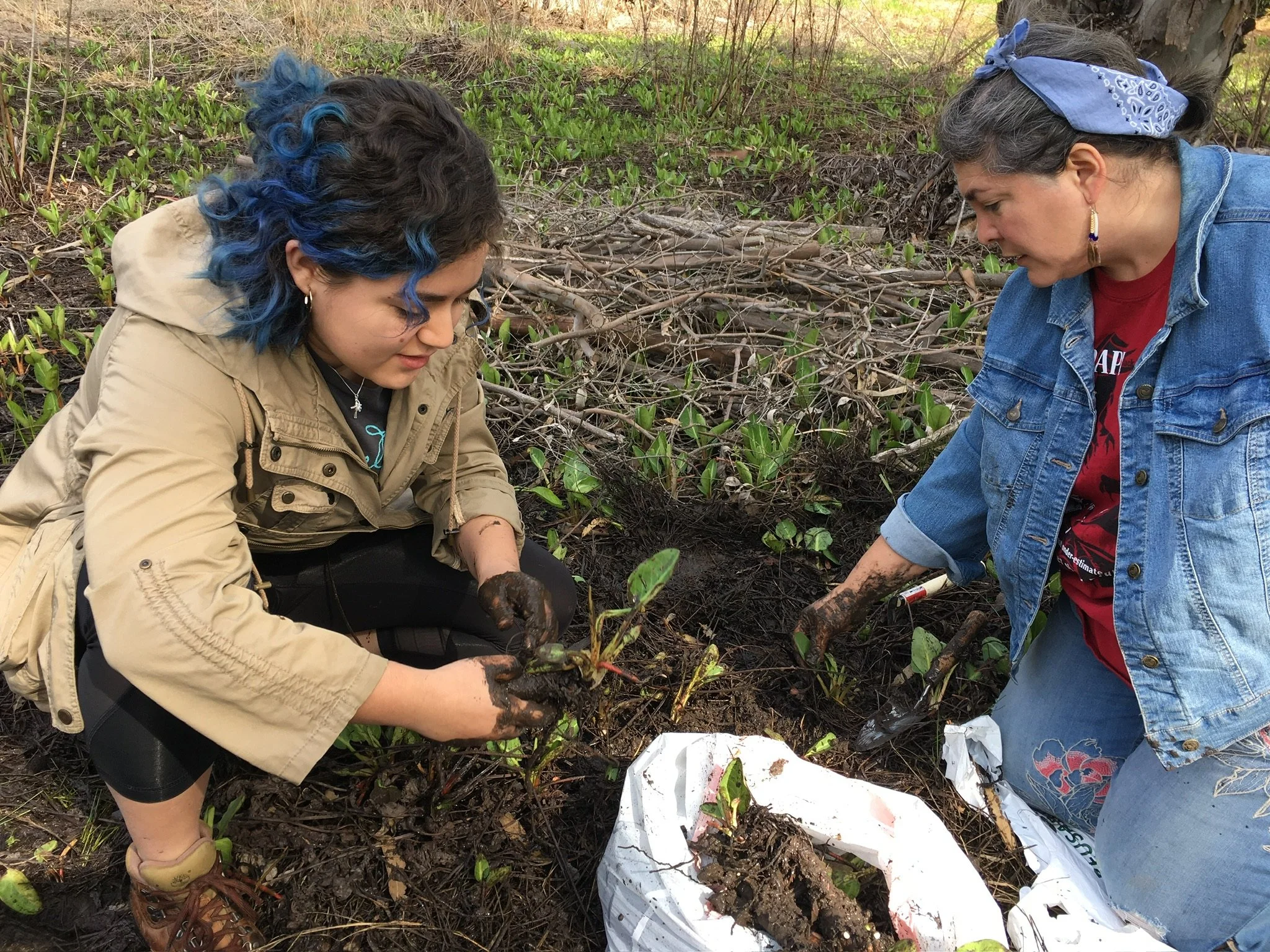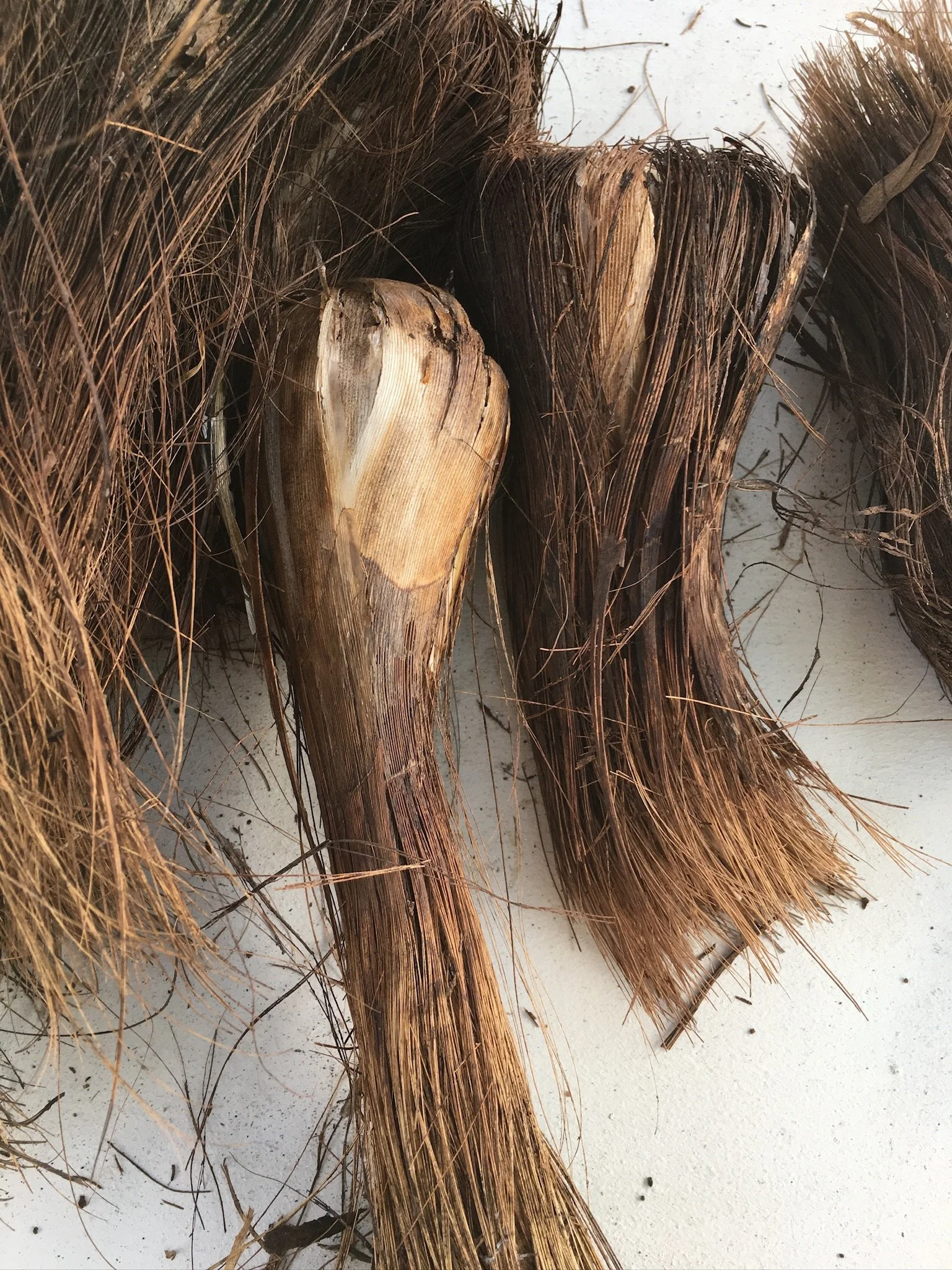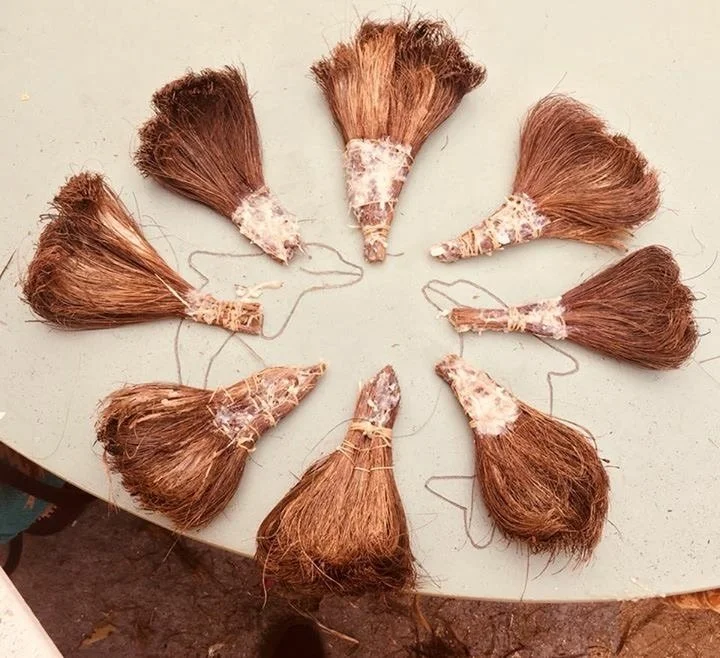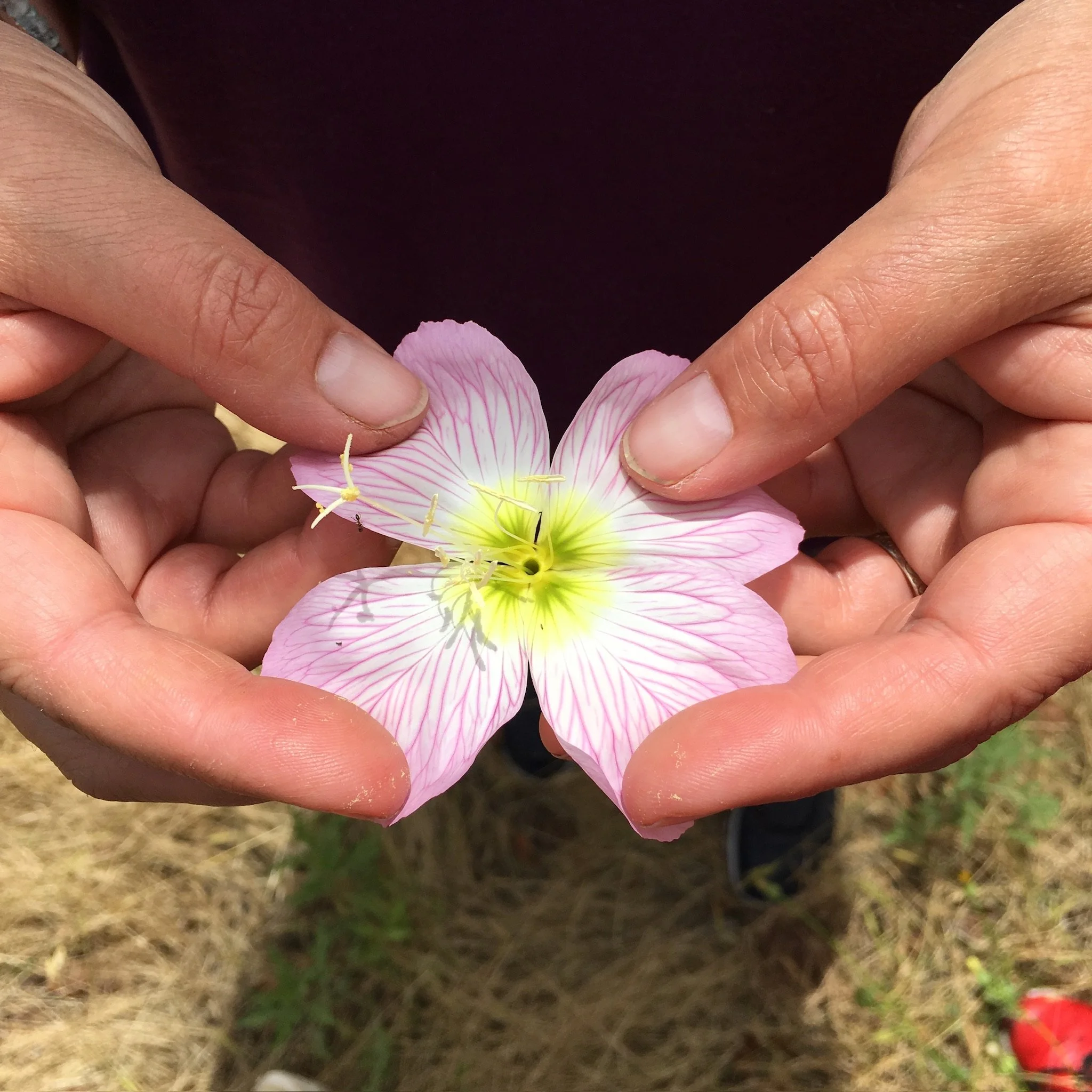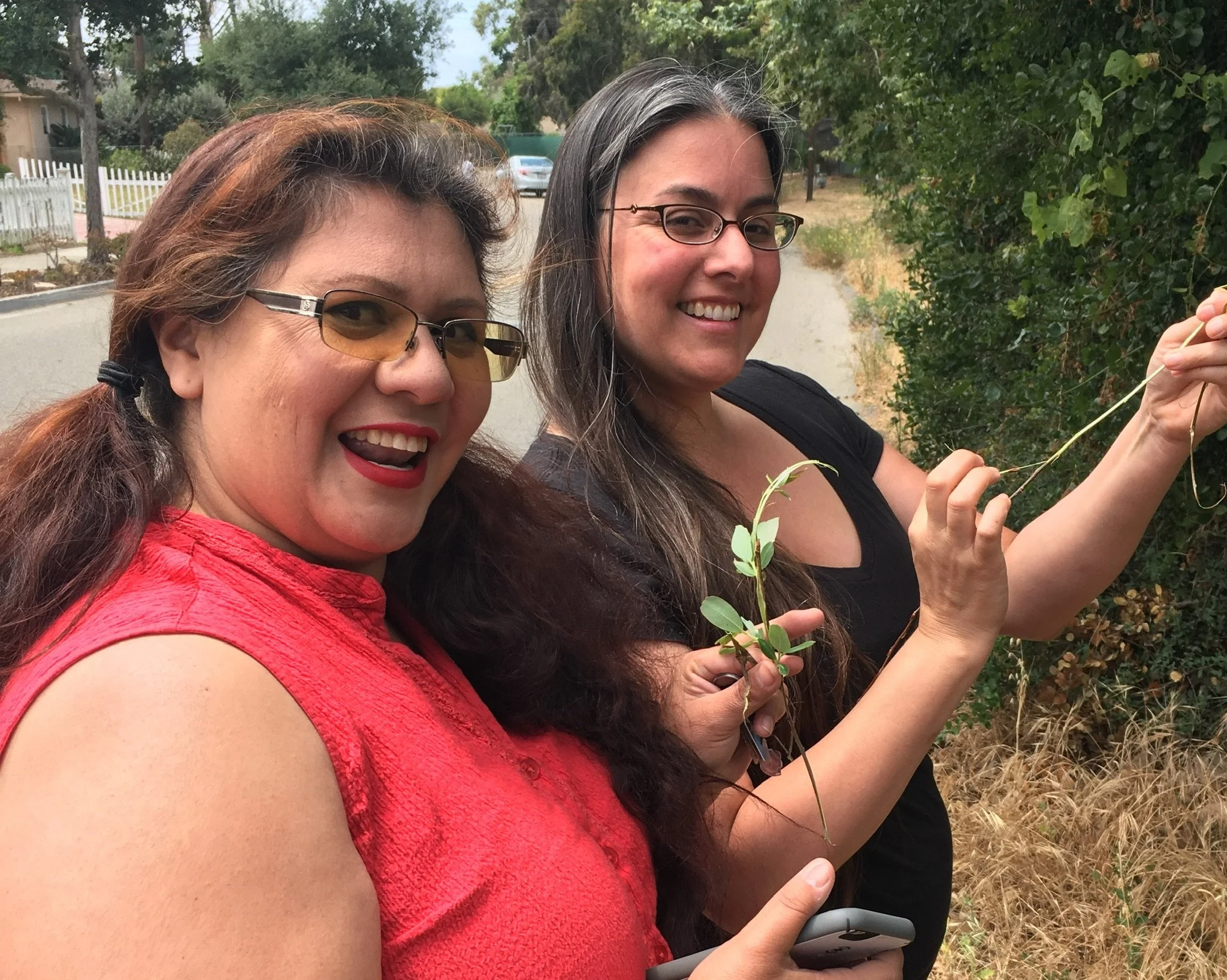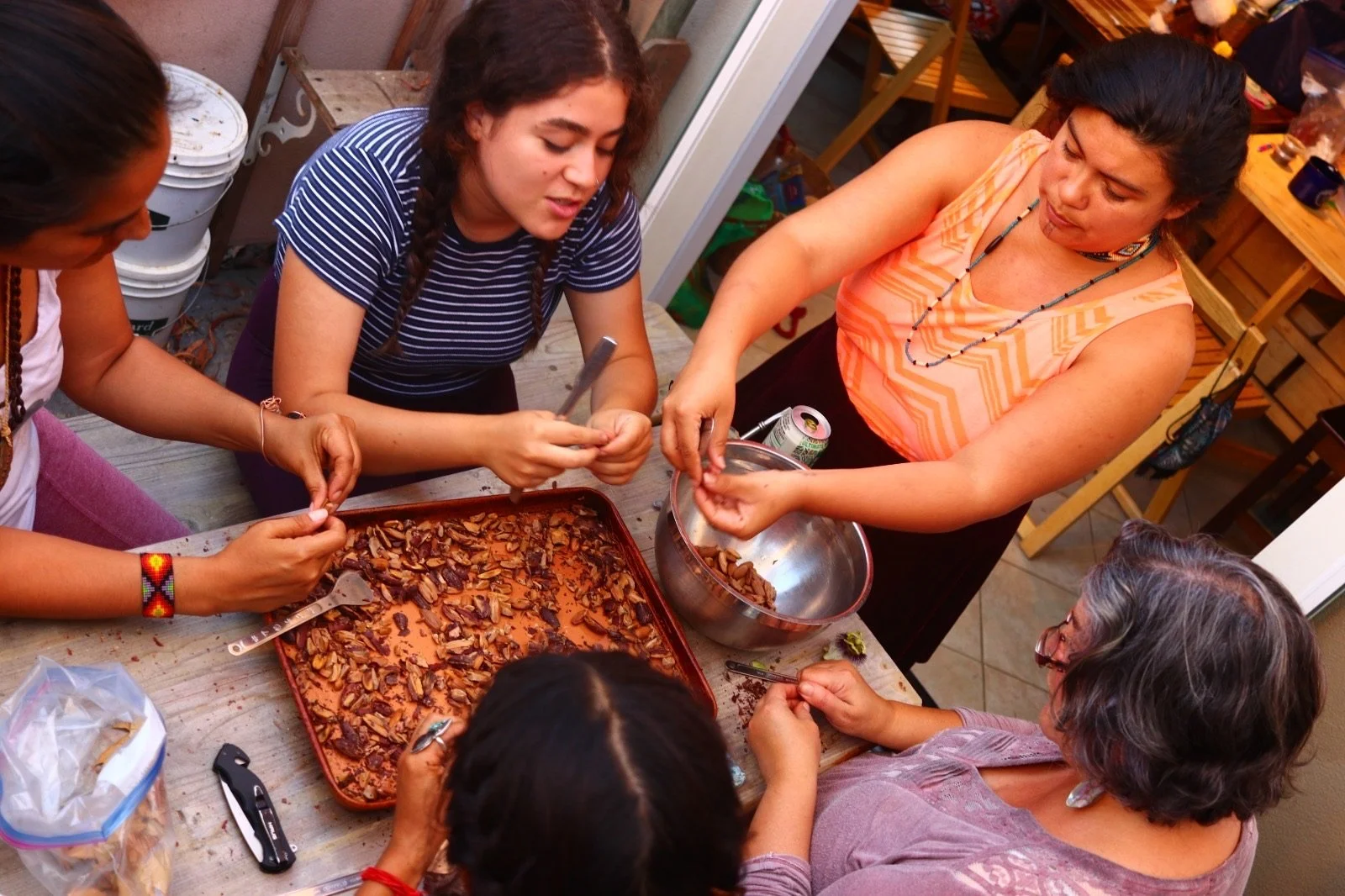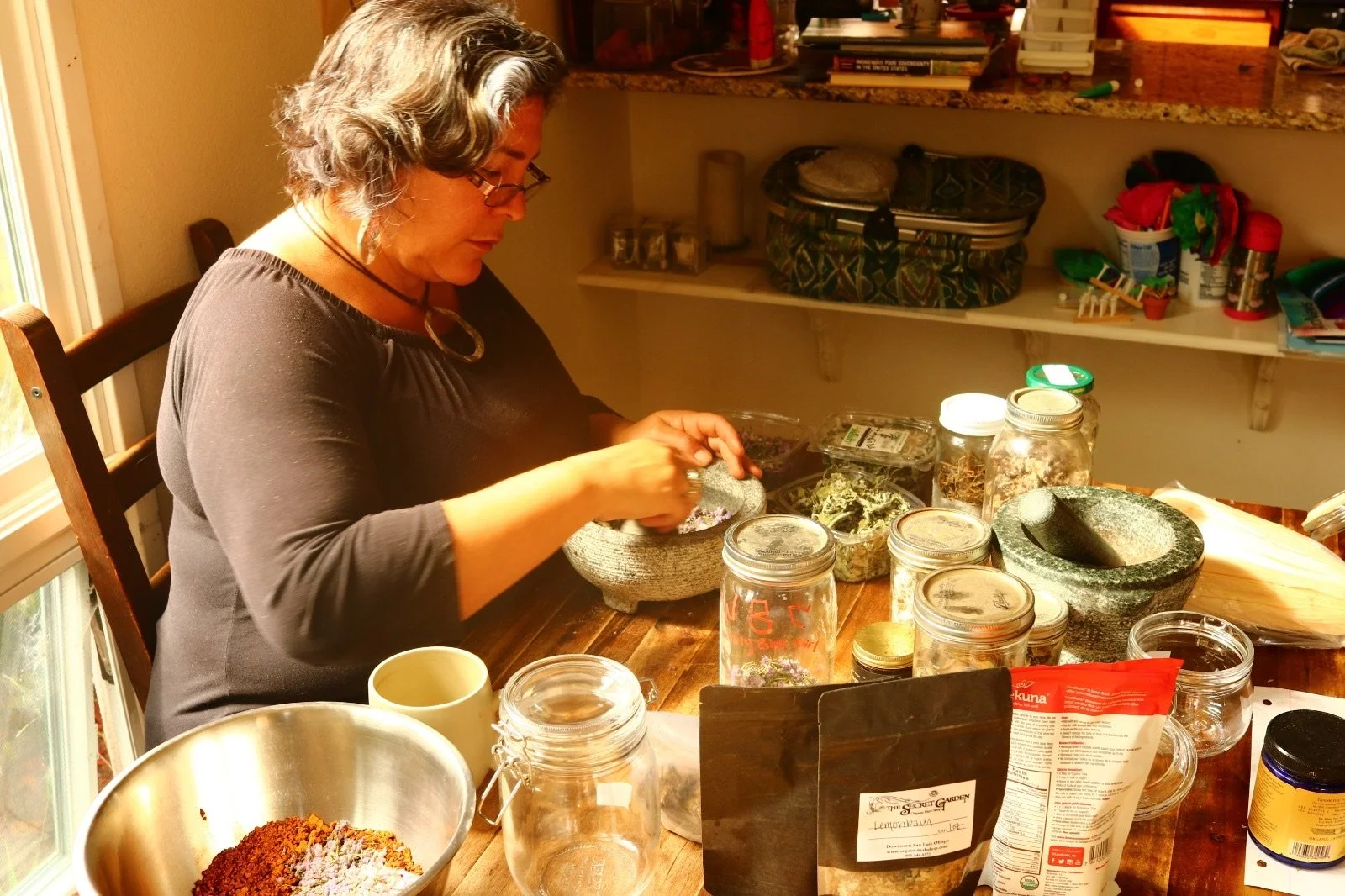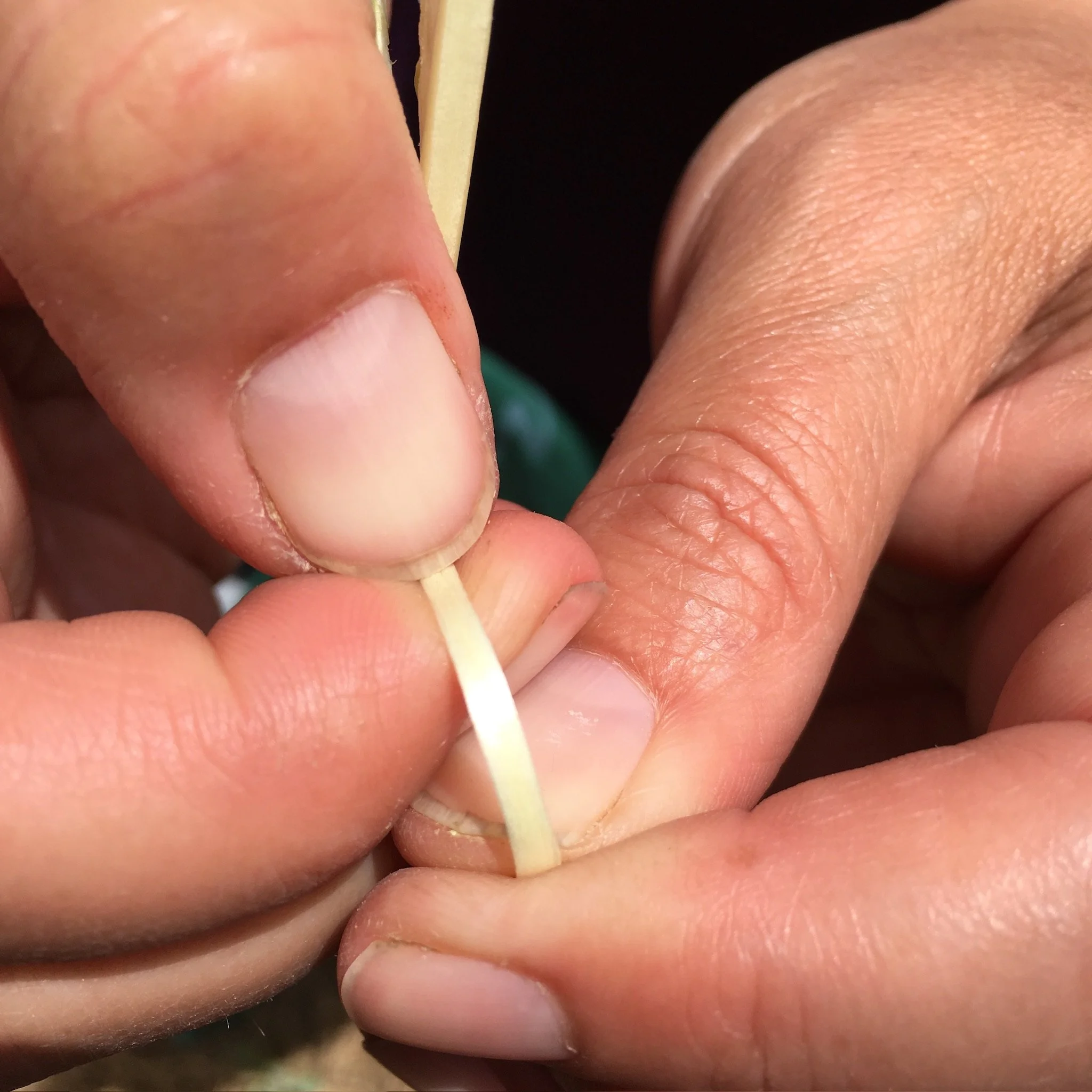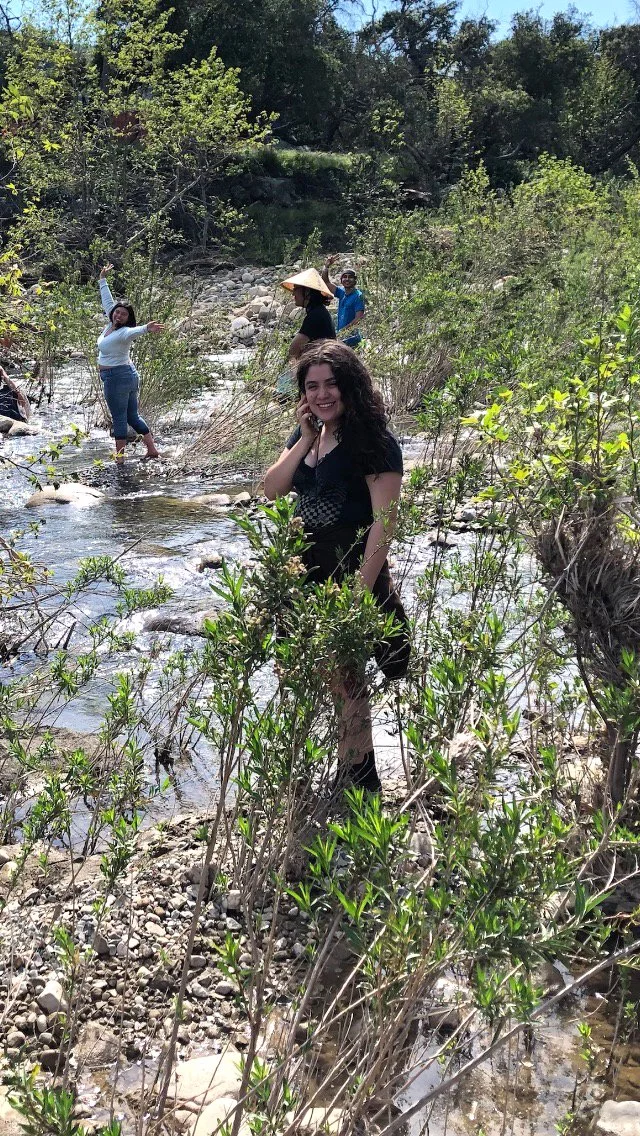The Syuxtun Plant Mentorship Collective
Across California and beyond, Indigenous communities are witnessing—and living—the impacts of climate change. But it isn’t just about weather patterns. It’s about centuries of forced displacement, land theft, and ecological disruption. It’s about what happens when stewardship practices rooted in reciprocity are interrupted by extractive systems. It’s about what’s been lost—and what can still be reclaimed. We don’t dream of returning to some idealized past, but of weaving a future where land and people can thrive together again. Where restoration is not just ecological, but cultural and spiritual too.
This vision of "what can be" is not just hope—it’s action. Across California, our communities are restoring wetlands, reviving fire practices, reseeding native plants, and tending to the relationships that sustain life. These are not acts of “recovery,” but of continuation. Of holding on—and adapting—in ways deeply rooted in Indigenous knowledge systems.
The Syuxtun Plant Mentorship Program is a community-based initiative grounded in Chumash knowledge and values, designed to revitalize cultural plant relationships through intergenerational learning, hands-on restoration, and community healing. Rooted in the traditional lands of the Chumash in present-day Santa Barbara (Syuxtun), the program connects youth and adult mentors with native plants that have sustained Chumash people for millennia—such as tule, elderberry, juncus, and white sage.
At its heart, the program is about restoring relationships—with land, with plants, and with each other. Participants engage in gathering, cultivation, and weaving practices that reawaken traditional knowledge and strengthen Indigenous identity. They learn to care for the plants in their native habitats, while also addressing the ecological damage caused by colonization, development, and climate change.
Importantly, the Syuxtun Plant Mentorship Program centers youth mentorship, ensuring that cultural practices are not only preserved, but adapted and carried forward in the hands of the next generation. Youth aren’t just students; they are teachers, artists, and leaders in their own right, shaping a future rooted in reciprocity, stewardship, and self-determination.
For the broader community, the program fosters a deeper understanding of local ecosystems and the original caretakers of the land. It invites people to see native plants not just as resources, but as relatives—each with their own role, story, and purpose.
In a time of cultural and environmental disruption, the Syuxtun Plant Mentorship Program is a powerful example of how cultural revitalization and ecological restoration can go hand in hand—nurturing resilience, reconnection, and hope.



